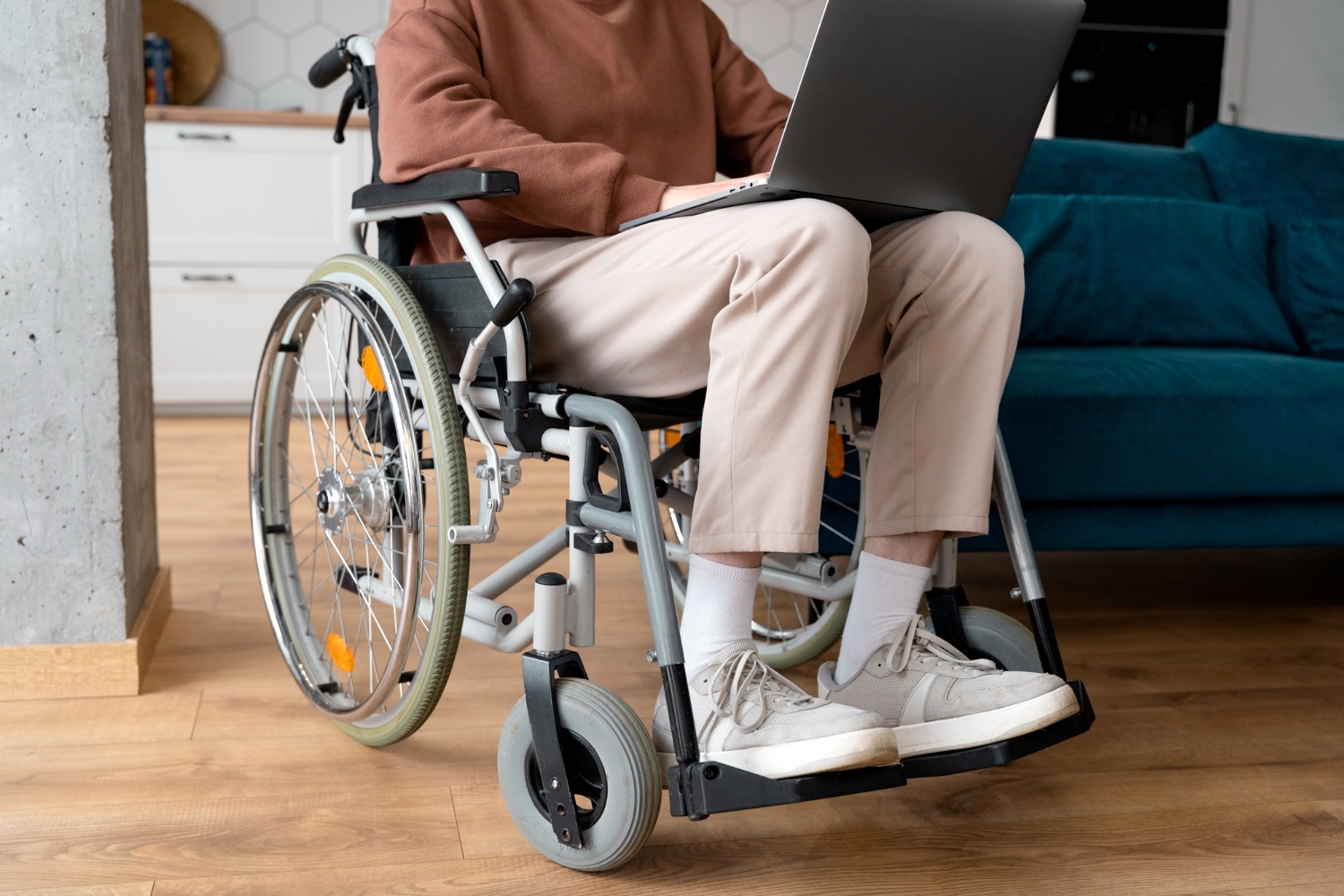Menopausal symptoms associated with cognitive problems later in life, study finds
A study led by researchers in Canada has analysed the relationship between perimenopausal symptoms and later cognitive and behavioural problems in nearly 900 women. Their findings are that those with more symptoms were more at risk of cognitive problems and dementia later in life. The results are published in the journal Plos One.









